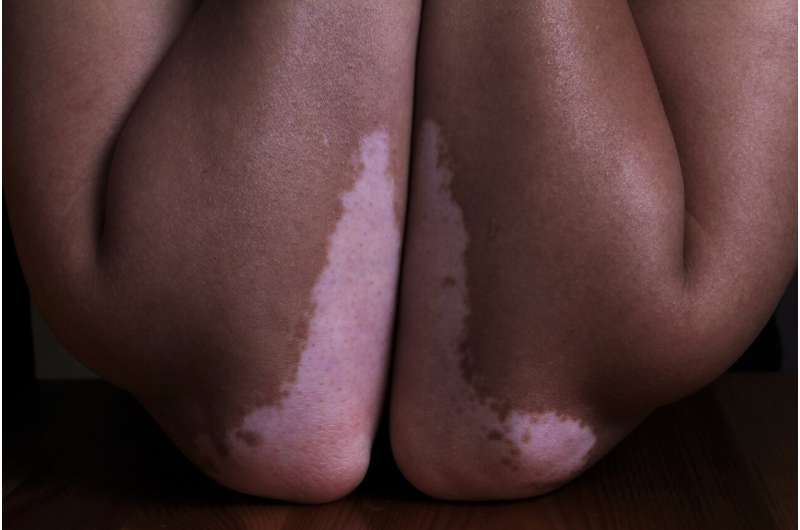Understanding Rejection Sensitive Dysphoria in ADHD and Effective Management Strategies

Rejection sensitive dysphoria is an intense emotional response to perceived rejection common in ADHD. Learn about its signs and effective management strategies to improve emotional well-being.
Rejection sensitive dysphoria (RSD) is an intense emotional reaction to perceived rejection or criticism, particularly common among individuals with Attention-Deficit Hyperactivity Disorder (ADHD). Although not a formal medical diagnosis, RSD is increasingly recognized by researchers and clinicians as a significant psycho-emotional challenge affecting many adults and children with ADHD.
Imagine someone receives a minor comment like, "I thought you were going to do it this way," and suddenly feels overwhelming shame or self-doubt. Such reactions go beyond typical feelings of hurt; they can be consuming and lead to withdrawal, over-apologizing, or even angry responses as a way to self-protect.
People with RSD experience this heightened sensitivity regardless of actual rejection or criticism. The term 'dysphoria' indicates the intense distress that accompanies these perceptions, which can distort social interactions and self-esteem.
ADHD is not only about attention and impulse control but also involves emotional regulation difficulties. Brain imaging studies reveal differences in the functions of the amygdala (emotional center) and prefrontal cortex (impulse regulation), leading to emotional experiences being more intense and harder to recover from.
Recent research underscores the strong link between ADHD symptoms and rejection sensitivity. Studies from 2024 indicate that individuals with higher ADHD symptom levels often exhibit increased fears of negative evaluation, reacting emotionally to both praise and criticism. This social hypervigilance can cause feelings of failure, low self-worth, and mental health struggles, as exemplified by many anecdotal reports from clinical practice.
For example, a teenager with ADHD might fear rejection so intensely that they conform to peer expectations at the expense of their own values, leading to exhaustion and shame. Adults are no different; many report persistent feelings of inadequacy even when receiving constructive feedback.
Understanding that RSD stems from neurological differences rather than weakness or fragility is crucial. Management involves various strategies, such as:
- Recognizing and naming the emotion to gain distance.
- Practicing grounding techniques like slow breathing or stepping outside to calm the nervous system.
- Challenging negative self-talk and considering alternative, more compassionate perspectives.
- Seeking therapy with professionals knowledgeable about ADHD and emotional regulation.
- Teaching emotional literacy and resilience skills early in children’s development.
- Communicating kindly and clearly if you support someone with ADHD.
With awareness and support, individuals can learn to manage rejection sensitivity more effectively and foster healthier social and emotional well-being.
Source: https://medicalxpress.com/news/2025-07-sensitive-dysphoria-adhd.html
Stay Updated with Mia's Feed
Get the latest health & wellness insights delivered straight to your inbox.
Related Articles
How the Brain Responds to Bullying
New neuroresearch reveals how the brain reacts immediately to bullying, activating distress and threat responses linked to mental health risks. Early understanding of these neural pathways can improve intervention strategies.
Critical Gaps in Psychiatric Care for People Who Inject Drugs
A new study reveals significant disparities in mental health treatment access among people who inject drugs, highlighting systemic barriers and the need for integrated care approaches.
Research Shows Older Adults Are More Resilient to Cyberbullying's Psychological Impact
A groundbreaking study shows that older adults are more resistant to the psychological effects of negative social media comments, highlighting age-related differences in emotional resilience to cyberbullying.
Depression Risk Elevated in Patients with Vitiligo, Especially Among Black and Hispanic Populations
Research reveals that vitiligo significantly increases depression risk, especially among Black and Hispanic populations, emphasizing the need for integrated dermatologic and mental health care.



